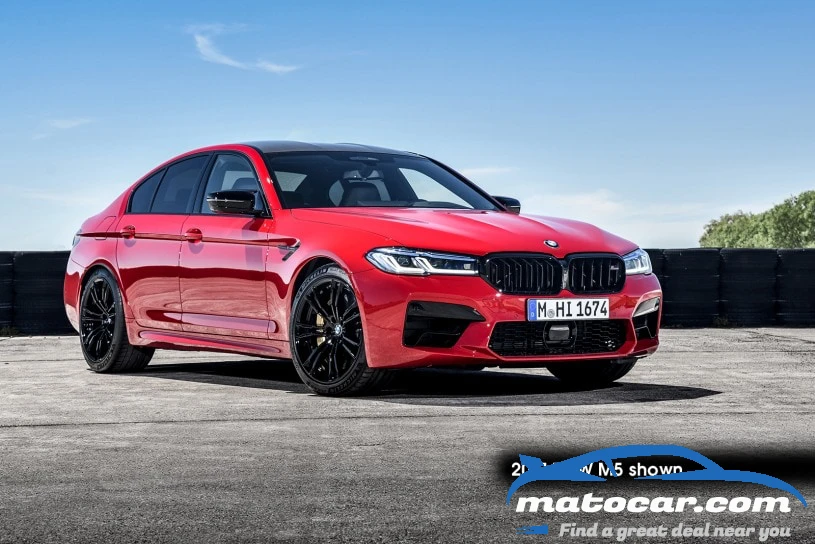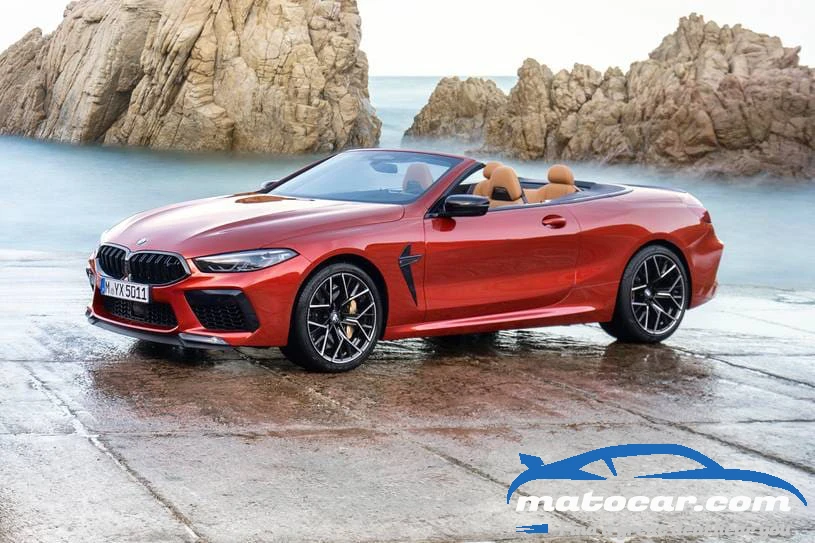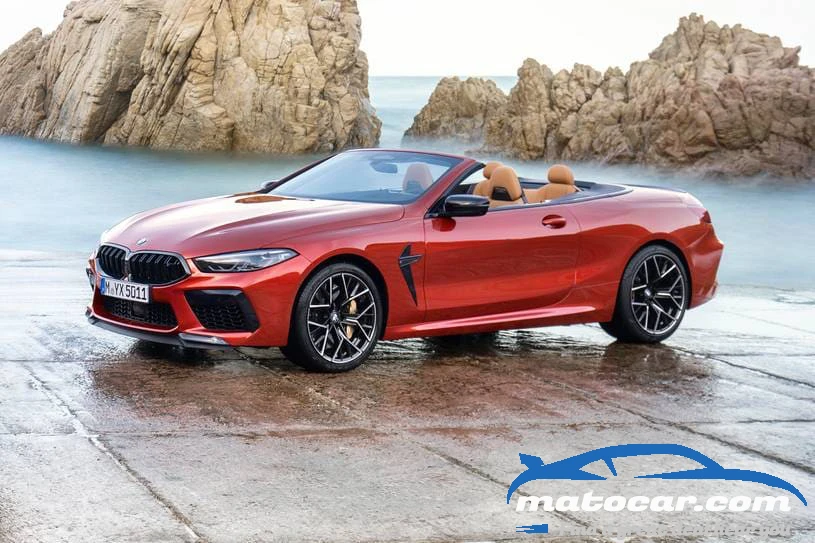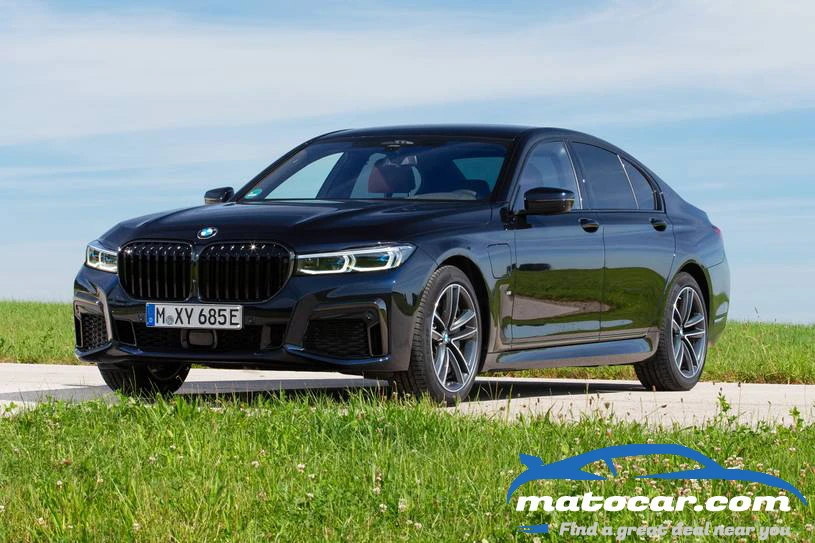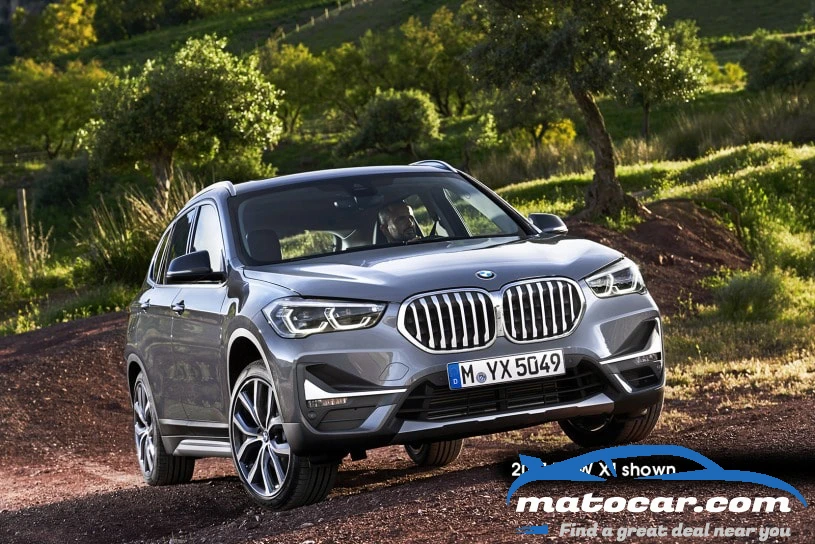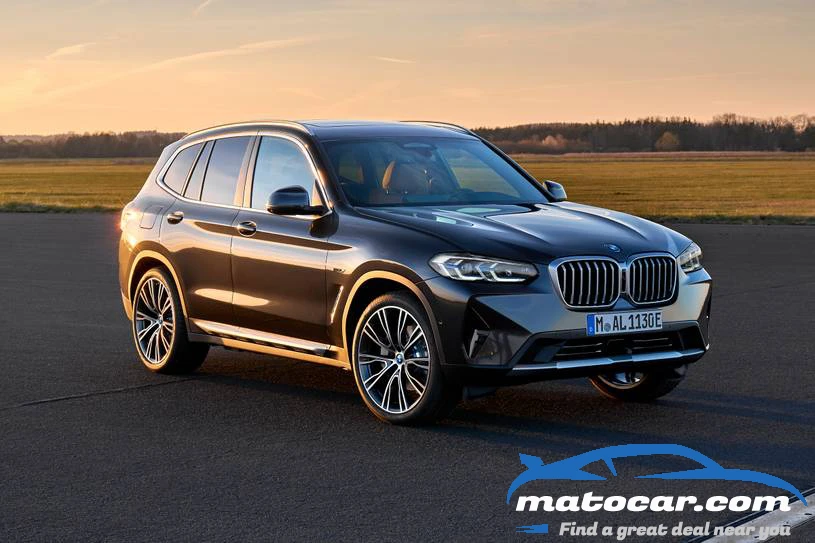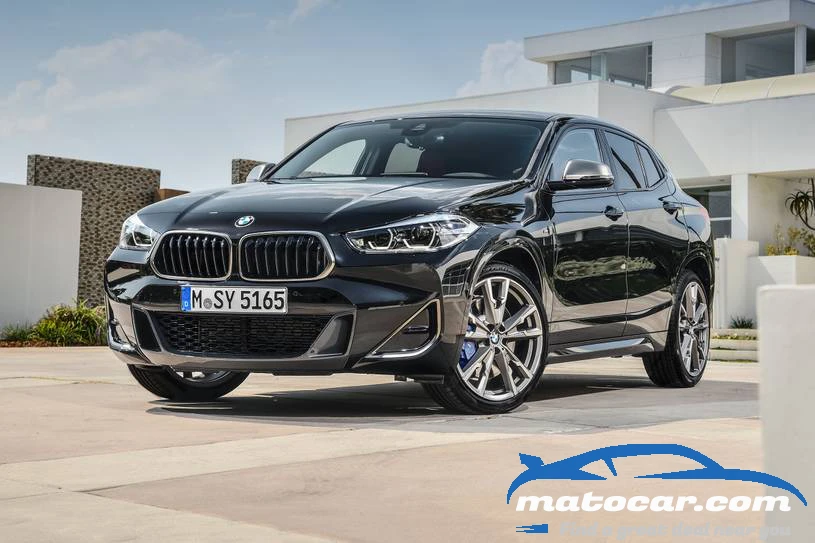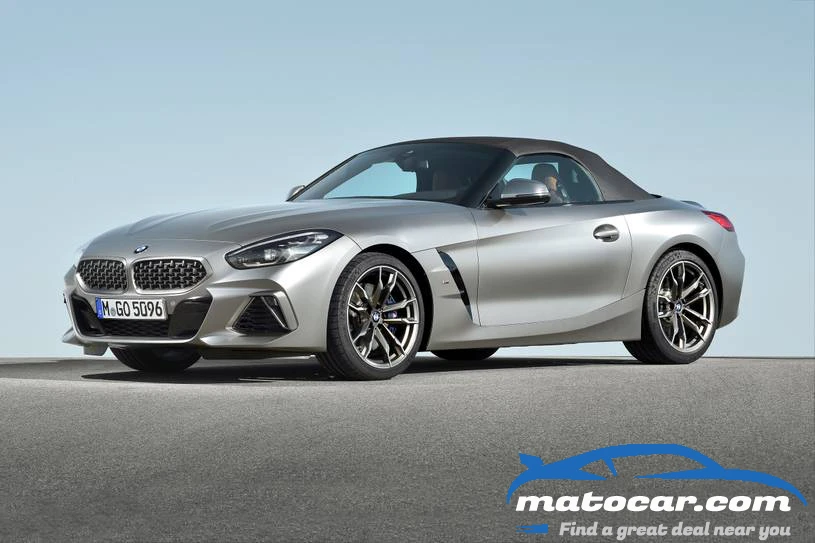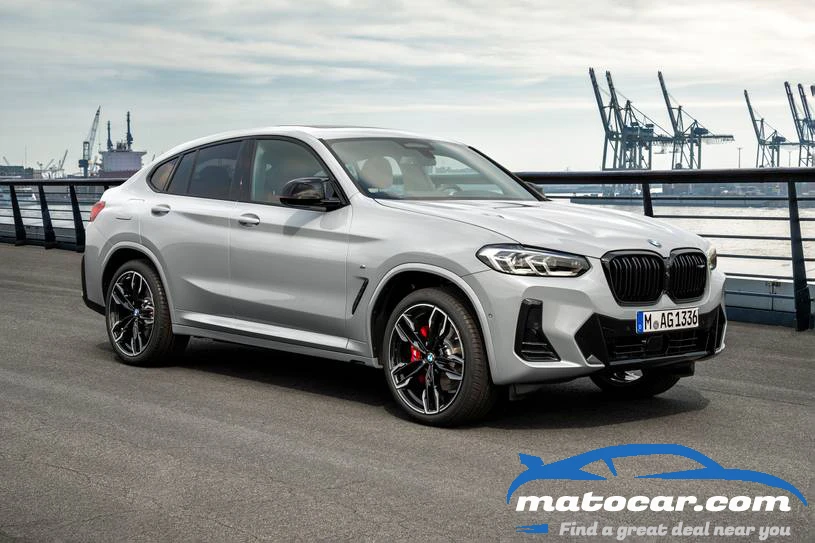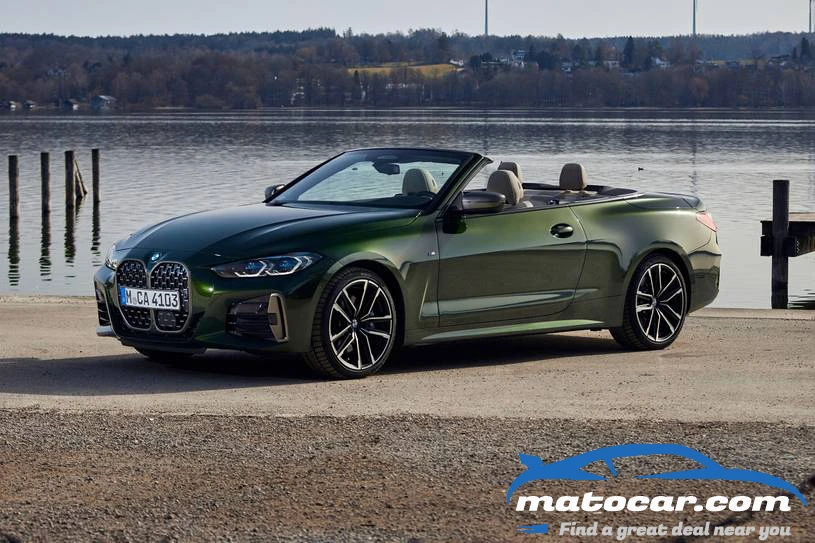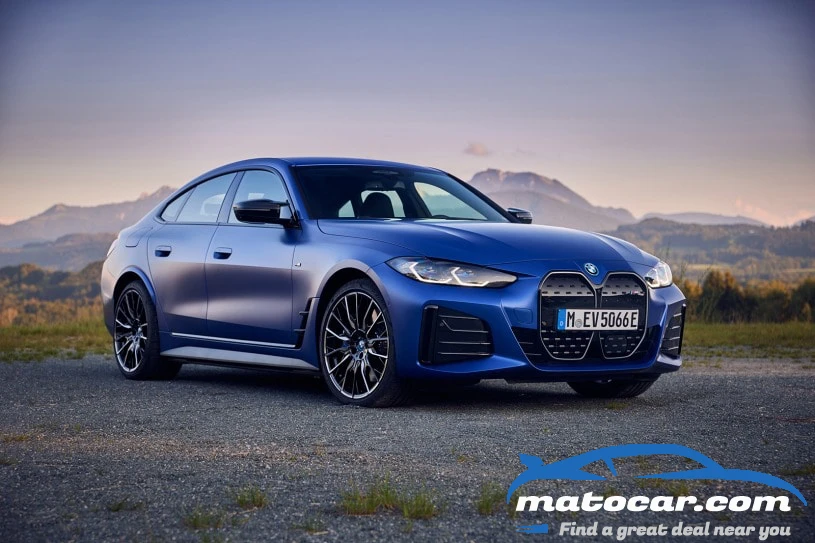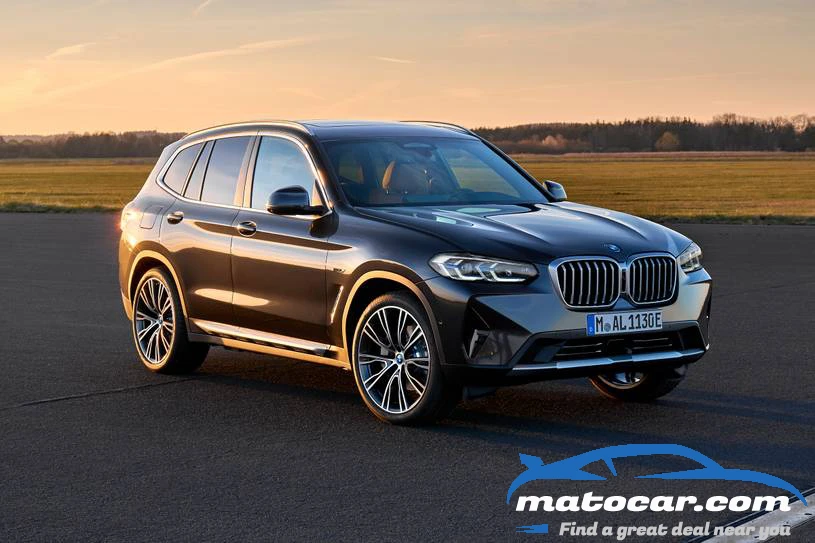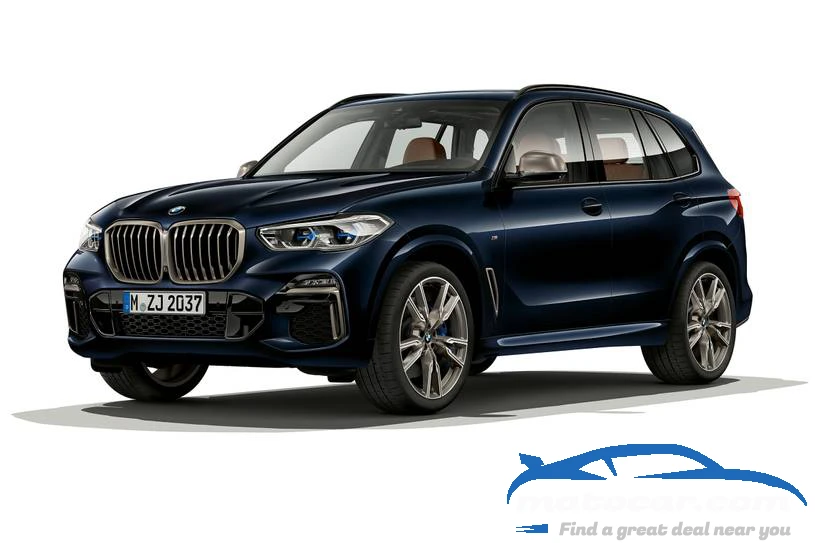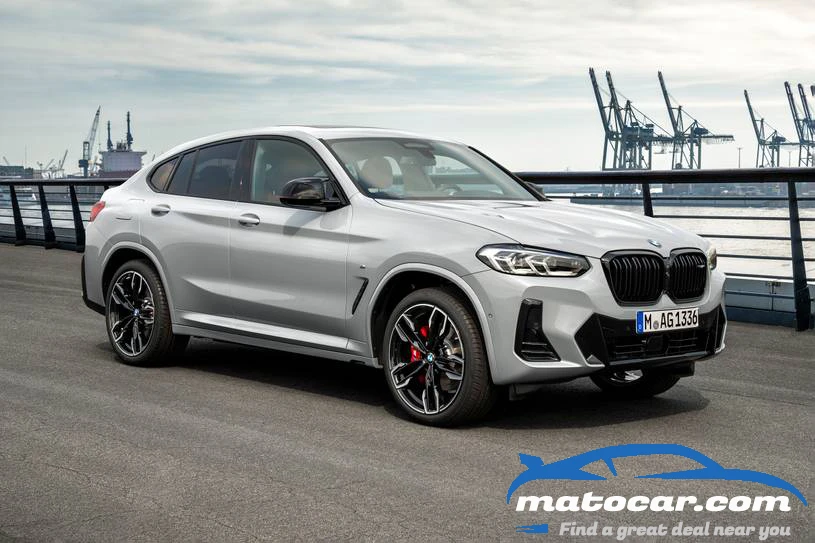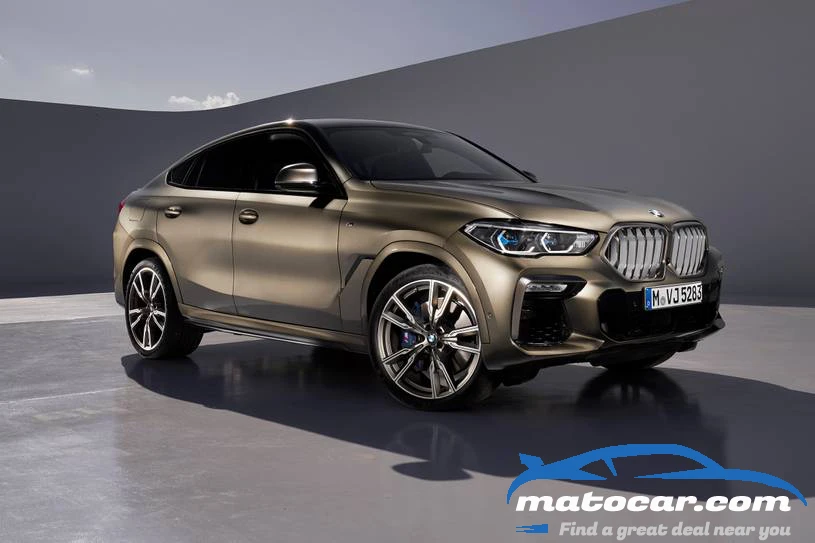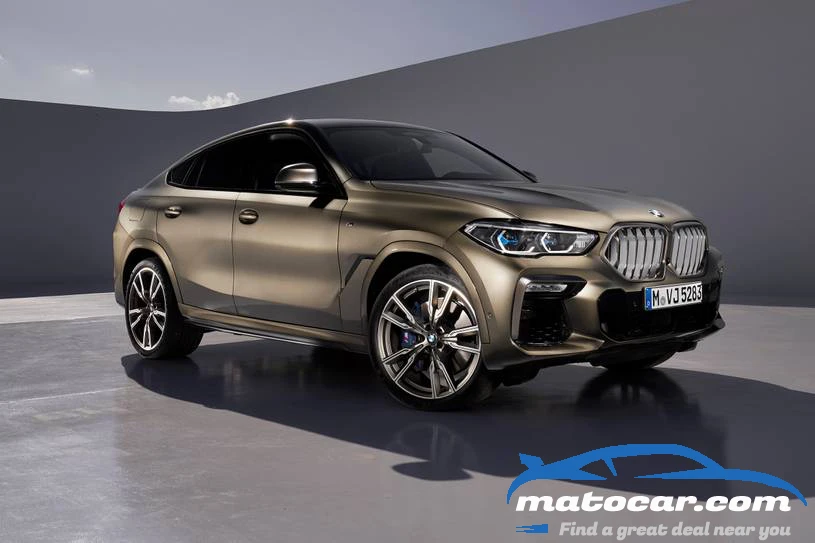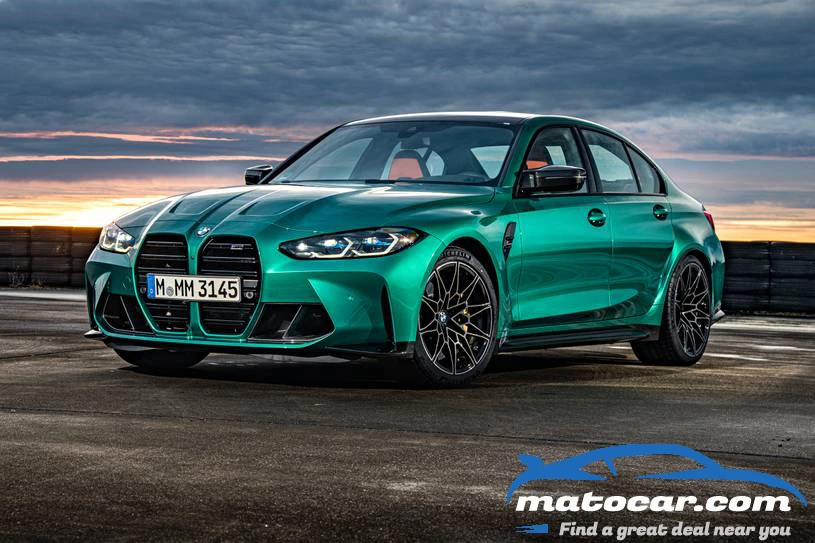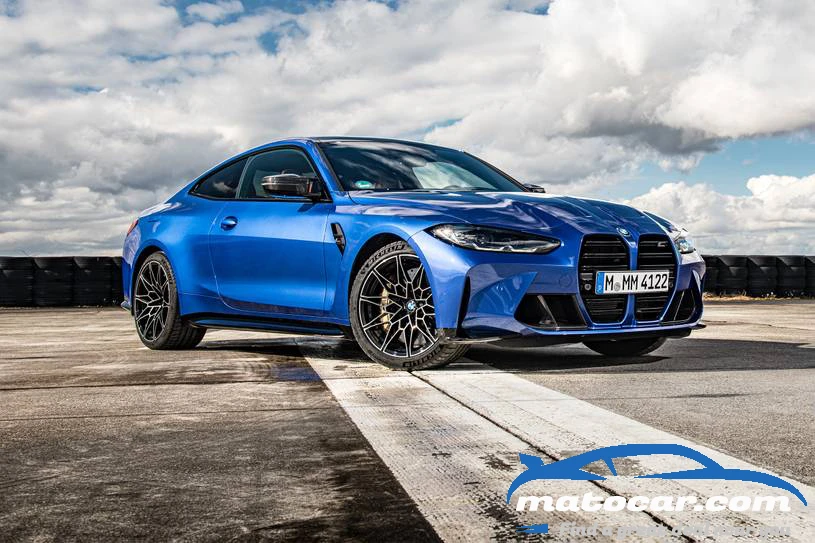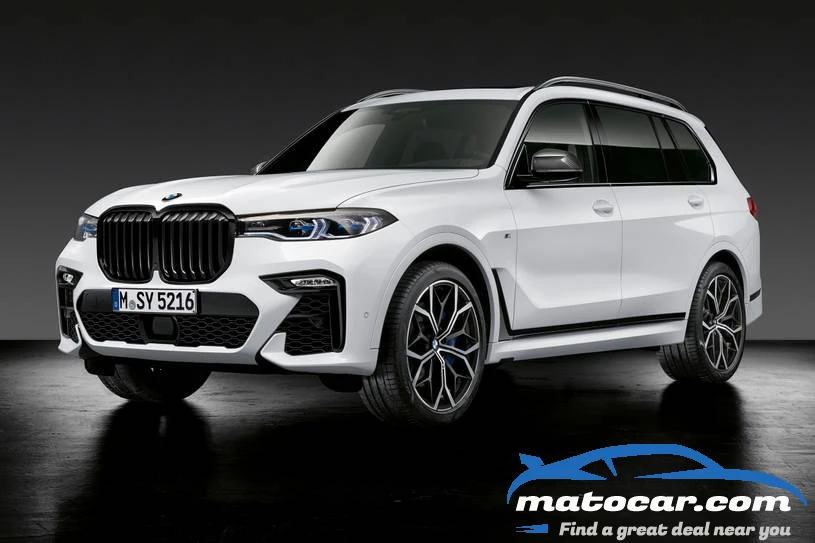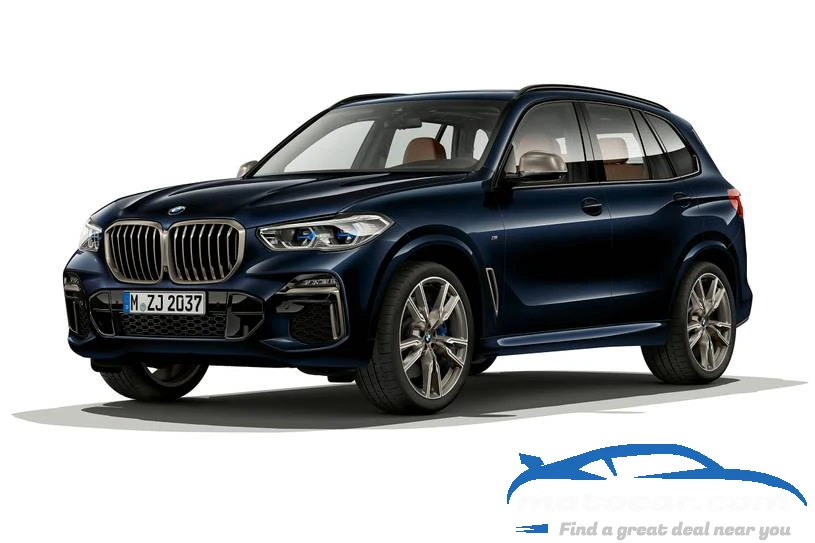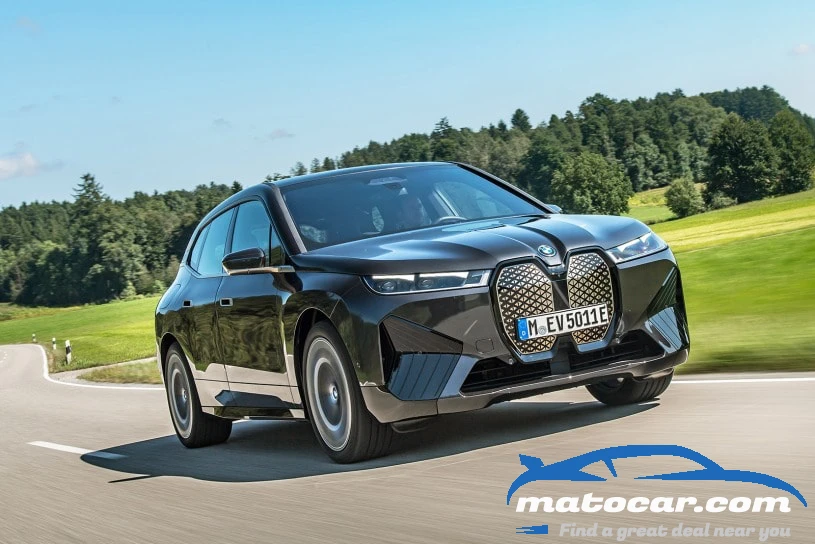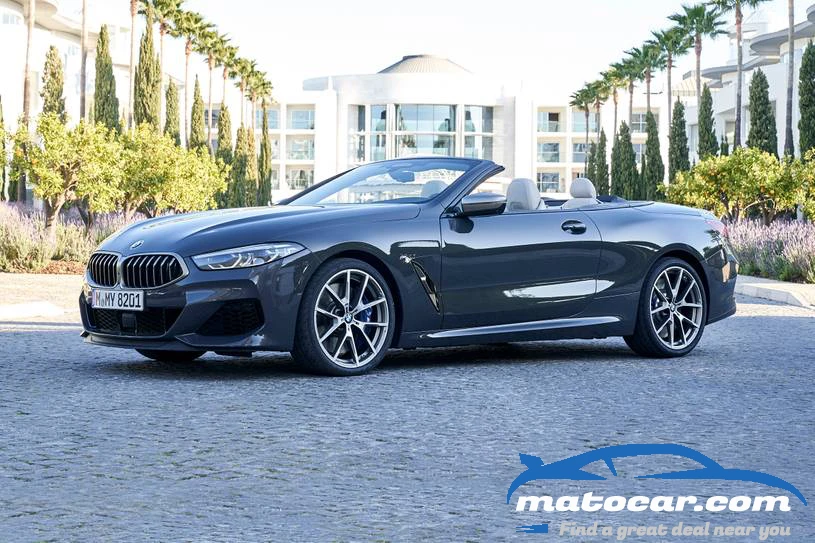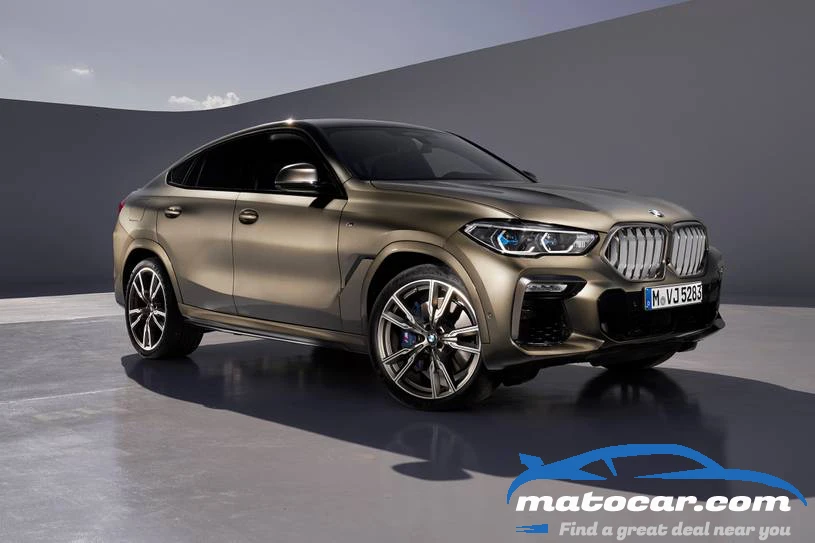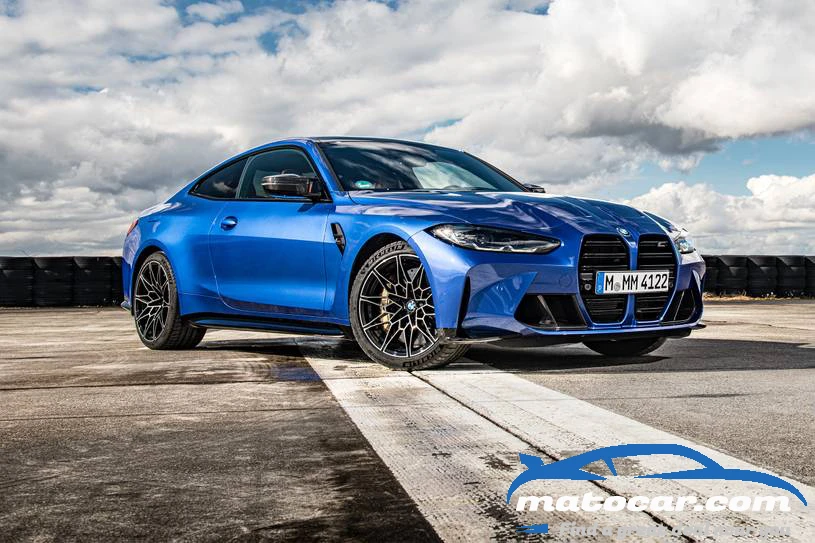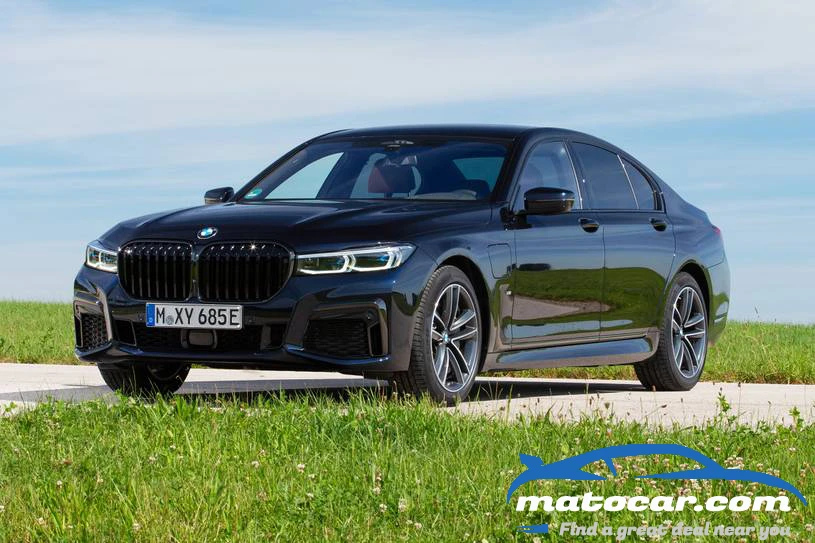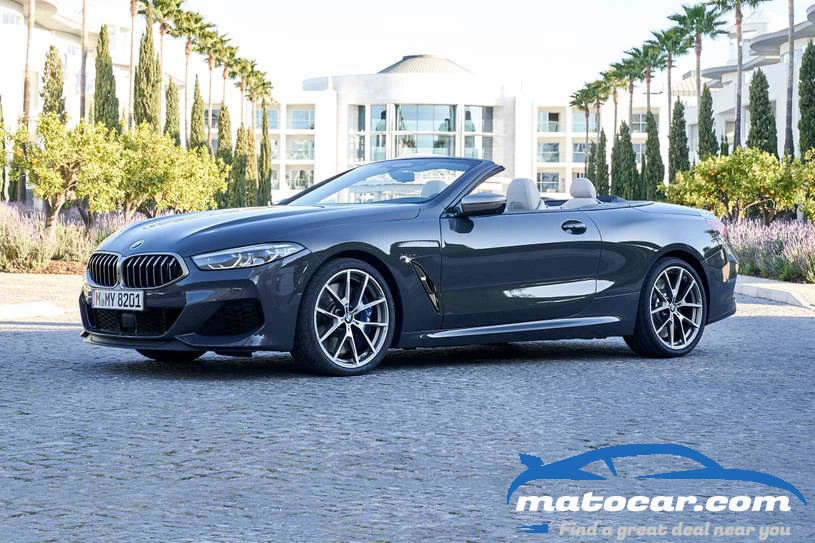BMW Cars
All Brands
AudiAudi A3Audi A4Audi A4 allroadAudi A5Audi A6Audi A6 allroadAudi A7Audi A8Audi e-tronAudi e-tron GTAudi e-tron SportbackAudi Q3Audi Q4 e-tronAudi Q4 Sportback e-tronAudi Q5Audi Q5 SportbackAudi Q7Audi Q8Audi R8Audi RS 3Audi RS 5Audi RS 6Audi RS 7Audi RS e-tron GTAudi RS Q8Audi S3Audi S4Audi S5Audi S6Audi S7Audi S8Audi SQ5Audi SQ5 SportbackAudi SQ7Audi SQ8Audi TTAudi TT RSAudi TTS
BMWBMW 2 SeriesBMW 2 Series Gran CoupeBMW 3 SeriesBMW 4 SeriesBMW 4 Series Gran CoupeBMW 5 SeriesBMW 7 SeriesBMW 8 SeriesBMW 8 Series Gran CoupeBMW ALPINA B7BMW ALPINA B8 Gran CoupeBMW ALPINA XB7BMW i3BMW i4BMW i8BMW iXBMW M2BMW M2 CSBMW M3BMW M4BMW M4 CSBMW M5BMW M5 CSBMW M8BMW M8 Gran CoupeBMW X1BMW X2BMW X3BMW X3 MBMW X4BMW X4 MBMW X5BMW X5 MBMW X6BMW X6 MBMW X7BMW XMBMW Z4
ChevroletChevrolet BlazerChevrolet Bolt EUVChevrolet Bolt EVChevrolet CamaroChevrolet ColoradoChevrolet CorvetteChevrolet EquinoxChevrolet ExpressChevrolet Express CargoChevrolet ImpalaChevrolet MalibuChevrolet Silverado 1500Chevrolet Silverado 2500HDChevrolet Silverado 3500HDChevrolet SonicChevrolet SparkChevrolet SuburbanChevrolet TahoeChevrolet TrailblazerChevrolet TraverseChevrolet Trax
FordFord BroncoFord Bronco SportFord E-TransitFord EcoSportFord EdgeFord EscapeFord Escape Plug-In HybridFord ExpeditionFord ExplorerFord F-150Ford F-150 LightningFord F-250 Super DutyFord F-350 Super DutyFord F-450 Super DutyFord FusionFord Fusion HybridFord Fusion Plug-In HybridFord GTFord MaverickFord MustangFord Mustang Mach-EFord RangerFord Shelby GT350Ford Shelby GT500Ford Transit Cargo VanFord Transit ConnectFord Transit Connect Cargo VanFord Transit Connect Passenger WagonFord Transit Crew VanFord Transit Passenger Van
HyundaiHyundai AccentHyundai ElantraHyundai Elantra GTHyundai Ioniq 5Hyundai Ioniq ElectricHyundai Ioniq HybridHyundai Ioniq Plug-In HybridHyundai KonaHyundai Kona ElectricHyundai NEXOHyundai PalisadeHyundai Santa CruzHyundai Santa FeHyundai Santa Fe HybridHyundai Santa Fe Plug-In HybridHyundai Santa Fe XLHyundai SonataHyundai Sonata HybridHyundai Sonata Plug-in HybridHyundai TucsonHyundai Tucson Plug-In HybridHyundai VelosterHyundai Venue
LexusLexus ES 250Lexus ES 300hLexus ES 350Lexus GS 300Lexus GS 350Lexus GS FLexus GX 460Lexus IS 300Lexus IS 350Lexus IS 500Lexus LC 500Lexus LC 500 ConvertibleLexus LC 500hLexus LS 500Lexus LS 500hLexus LX 570Lexus LX 600Lexus NX 250Lexus NX 300Lexus NX 300hLexus NX 350Lexus NX 350hLexus NX 450h+Lexus RC 300Lexus RC 350Lexus RC FLexus RX 350Lexus RX 350LLexus RX 450hLexus RX 450hLLexus UX 200Lexus UX 250h
Mercedes-BenzMercedes-Benz A-ClassMercedes-Benz AMG GTMercedes-Benz C-ClassMercedes-Benz CLA-ClassMercedes-Benz CLS-ClassMercedes-Benz E-ClassMercedes-Benz EQBMercedes-Benz EQCMercedes-Benz EQEMercedes-Benz EQSMercedes-Benz G-ClassMercedes-Benz GLA-ClassMercedes-Benz GLB-ClassMercedes-Benz GLC-ClassMercedes-Benz GLC-Class CoupeMercedes-Benz GLE-ClassMercedes-Benz GLE-Class CoupeMercedes-Benz GLS-ClassMercedes-Benz MaybachMercedes-Benz Maybach GLSMercedes-Benz MetrisMercedes-Benz S-ClassMercedes-Benz SL-ClassMercedes-Benz SLC-ClassMercedes-Benz Sprinter
ToyotaToyota 4RunnerToyota 86Toyota AvalonToyota Avalon HybridToyota bZ4XToyota C-HRToyota CamryToyota Camry HybridToyota CorollaToyota Corolla CrossToyota Corolla HatchbackToyota Corolla HybridToyota GR SupraToyota GR86Toyota HighlanderToyota Highlander HybridToyota Land CruiserToyota MiraiToyota PriusToyota Prius PrimeToyota RAV4Toyota RAV4 HybridToyota RAV4 PrimeToyota SequoiaToyota SiennaToyota TacomaToyota TundraToyota VenzaToyota YarisToyota Yaris Hatchback


